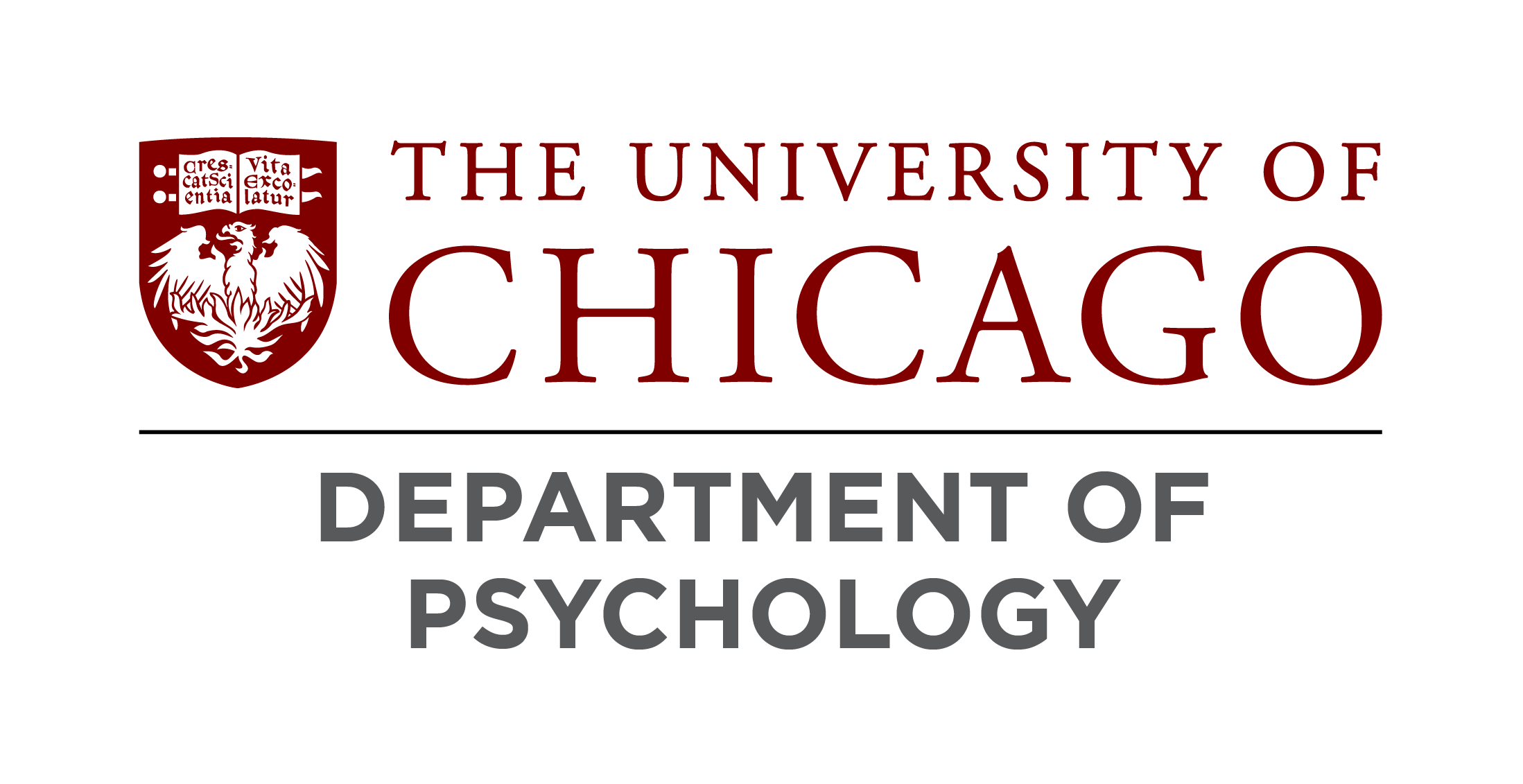Sample Preparation Timeline
2nd and 3rd Year of Undergraduate Studies, Including Summers:
Start getting involved in research projects happening on your campus or through summer opportunities at your own or other institutions. Many labs have summer programs that you can apply to; it is worth seeking out these opportunities. Sometimes your school will even have money that you can apply for in order to support summer research opportunities.
Summer and Fall (In the year preceding enrollment):
Think carefully about whether or not you would like to apply to graduate school. See our FAQs for some questions to ask when trying to decide if graduate school in psychology is right for you.
January - May (In the year preceding enrollment):
Start identifying universities and programs you would like to apply to. Re-visit your long-term goals, and prioritize factors that are important to you (e.g., specific fields, particular faculty, geographical locations, small or large lab setting, etc.). Once you have identified some of these programs, you should begin reading relevant research by at least one more more faculty members in those programs and decide if their research interests fit with yours.
June - July (In the year preceding enrollment):
Begin drafting your candidate statement, which is one of the most important documents for your application to graduate school. Please see guidance on the candidate statement in our instructions on applying.
August - September (In the year preceding enrollment):
Continue working on your candidate statement, ensure that you have identified at least three strong, positive letter-of-recommendation writers, make sure your transcripts are error-free, and get the relevant test scores in hand. Begin to reach out to faculty that you would be interested in working with to check whether they will be accepting students in the upcoming admissions cycle and open a dialogue about your opportunities.
September - November (In the year preceding enrollment):
Now is the time to formally ask your list of letter of recommendation writers if they will submit a letter on your behalf by the December 5 deadline. Ask friends, the writing center, and whoever else you can to look over and edit your candidate statement to make it as strong and reflective of your research experience, research interests, and goals as possible. However, keep in mind that the statement should reflect your own work.
Early December (In the year preceding enrollment):
Submit completed application materials. Send your letter of recommendation writers a note of thanks.
January:
Applicants who have been selected for interviews will be officially invited via email. A virtual interview day occurs the end of January.
February:
Typically two weeks after interviews, individuals to whom the department decided to award offers of admission are notified.
Late February/Early March:
Students who received offers of admission are usually invited to an in-person Visit Day. Events include information sessions, formal and informal time with your prospective advisors and lab-mates, student-only panels; and an informal departmental dinner with current students and faculty.
April 15:
USA-wide graduate school decision deadline. Optionally, let your recommenders know what school you chose, as they have been rooting for you and will be happy to hear where you'll matriculate.
Two weeks before the start of the academic year:
Accepted students are best situated if they are in town, have a place to live, and have sorted out some basic needs (e.g., groceries, transportation, internet, ID card, etc.). There are new student orientations offered the week before the school year starts.
Late September/Early October:
Congratulations on the start of your journey!
 THE UNIVERSITY OF CHICAGO
THE UNIVERSITY OF CHICAGO

